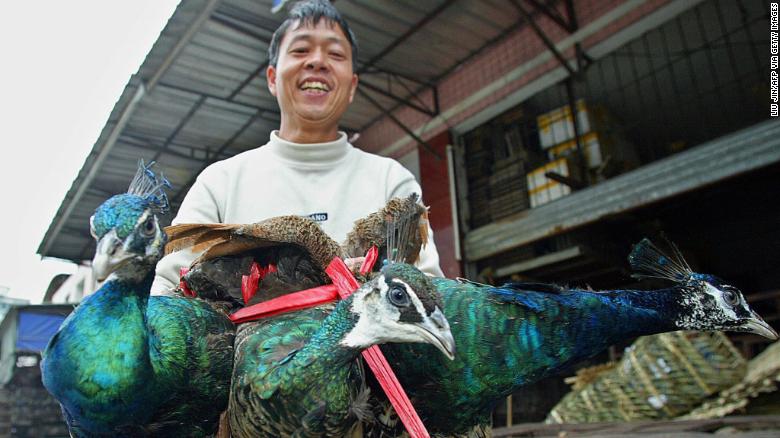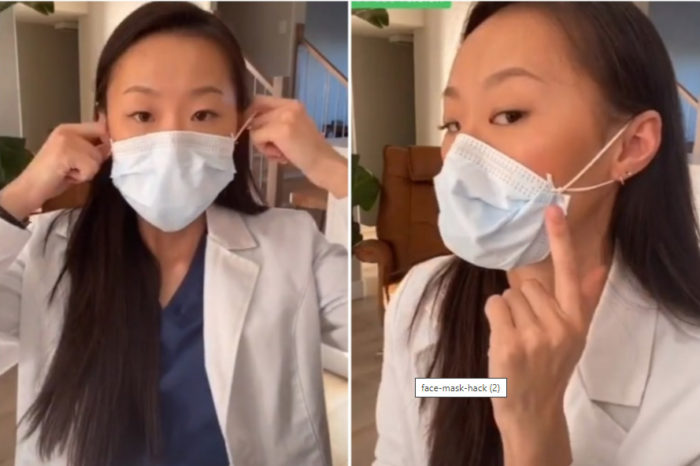China Reveals List of Animals Which Can Be Farmed For Eating

After a global shock, caused by coronavirus, China has taken steps to ensure that wild animals would be of the list for eating among people.
The Chinese government has issued a new draft list of livestock that can be farmed for meat in the wake of the coronavirus epidemic, which is suspected to have originated from wild animals in a Wuhan wet market.
Beijing temporarily banned all trade in wild animals for food following the outbreak, which has now spread globally to infect more than 1.6 million people, but the new law has yet to be finalized.
China’s Ministry of Agriculture issued a draft list of animals considered fit to be used as livestock on Wednesday night, including dietary staples such as pigs, cows, chickens and sheep, as well as “special livestock” such as a number of species of deer, alpaca and ostriches.
Two species of fox, raccoons and minks can be kept as livestock but not for their meat.
There is no mention of the species of animal which are suspected by scientists to have spread the virus to humans, such as pangolins, bats and civet cats.
Dogs are also absent from the list of livestock, which, if formally enforced, would lead to China’s first countrywide ban on their consumption in a victory for animal rights activists.
“With the progress of human civilization and the public’s concern and preference for animal protection, dogs have evolved from traditional livestock to companion animals,” said an accompanying explanation of the draft. “They are generally no longer regarded as livestock in the rest of the world. It is not advisable to list them under livestock or poultry in China.”
The draft has still yet to be finalized and the public has until May 8 to provide feedback.
In a statement on Thursday, the Humane Society International said that the draft proposal could be a “game-changer” for animal protection in China.
“We have to await the outcome of the consultation phase but this draft could effectively pave the way for China to officially take dogs and cats off the menu,” spokeswoman Wendy Higgins said.






